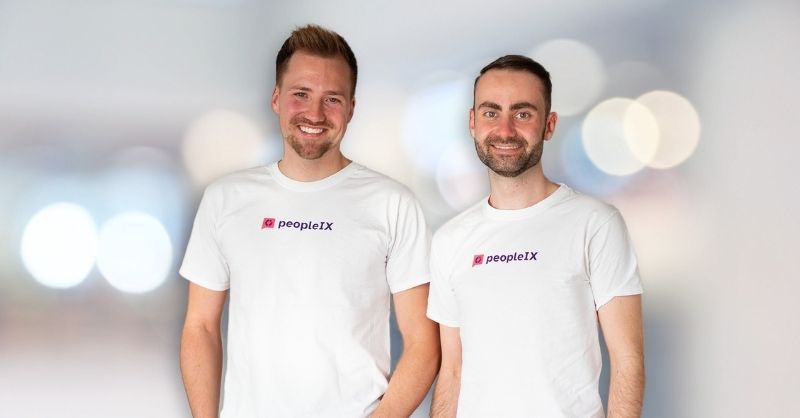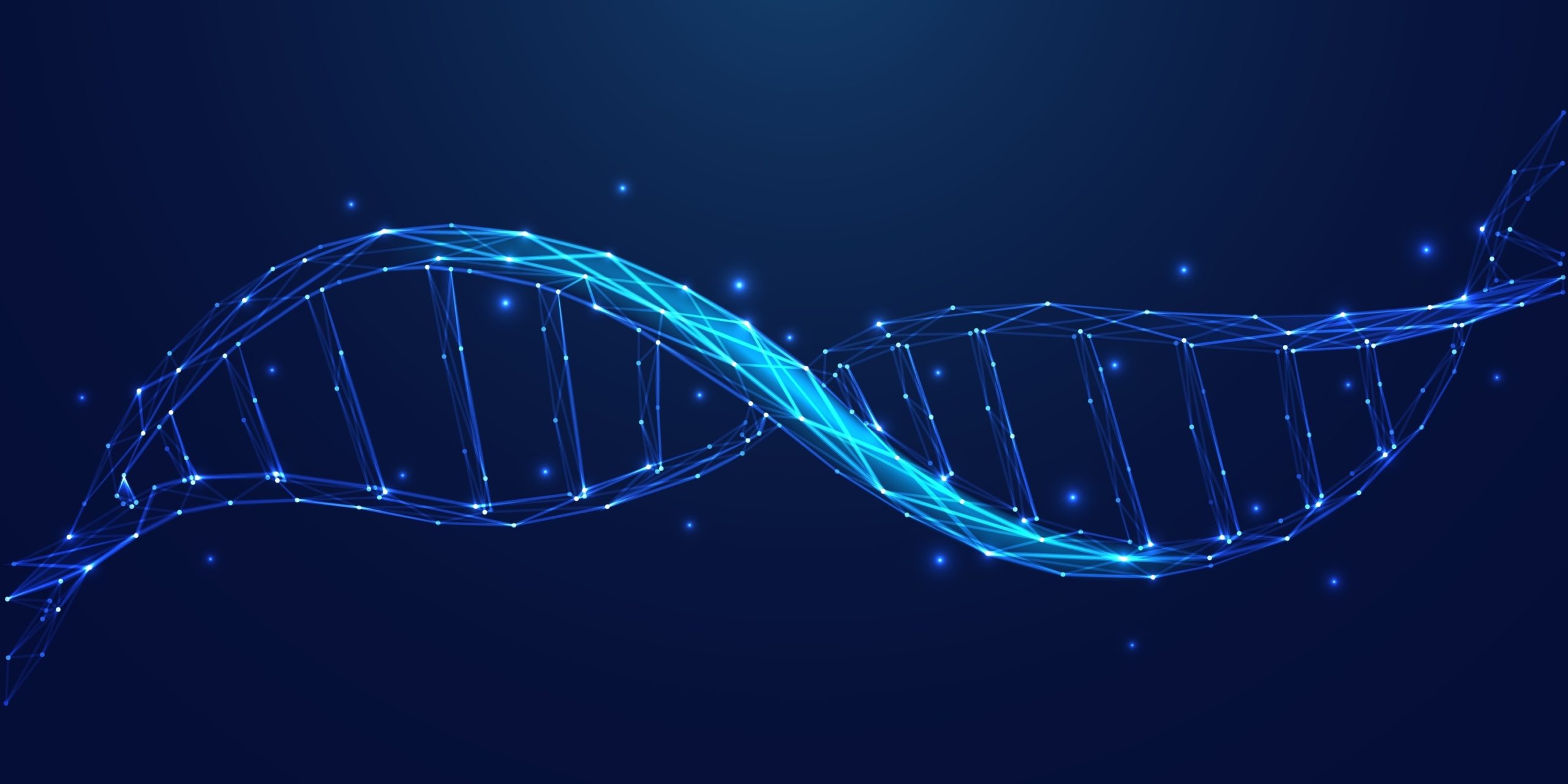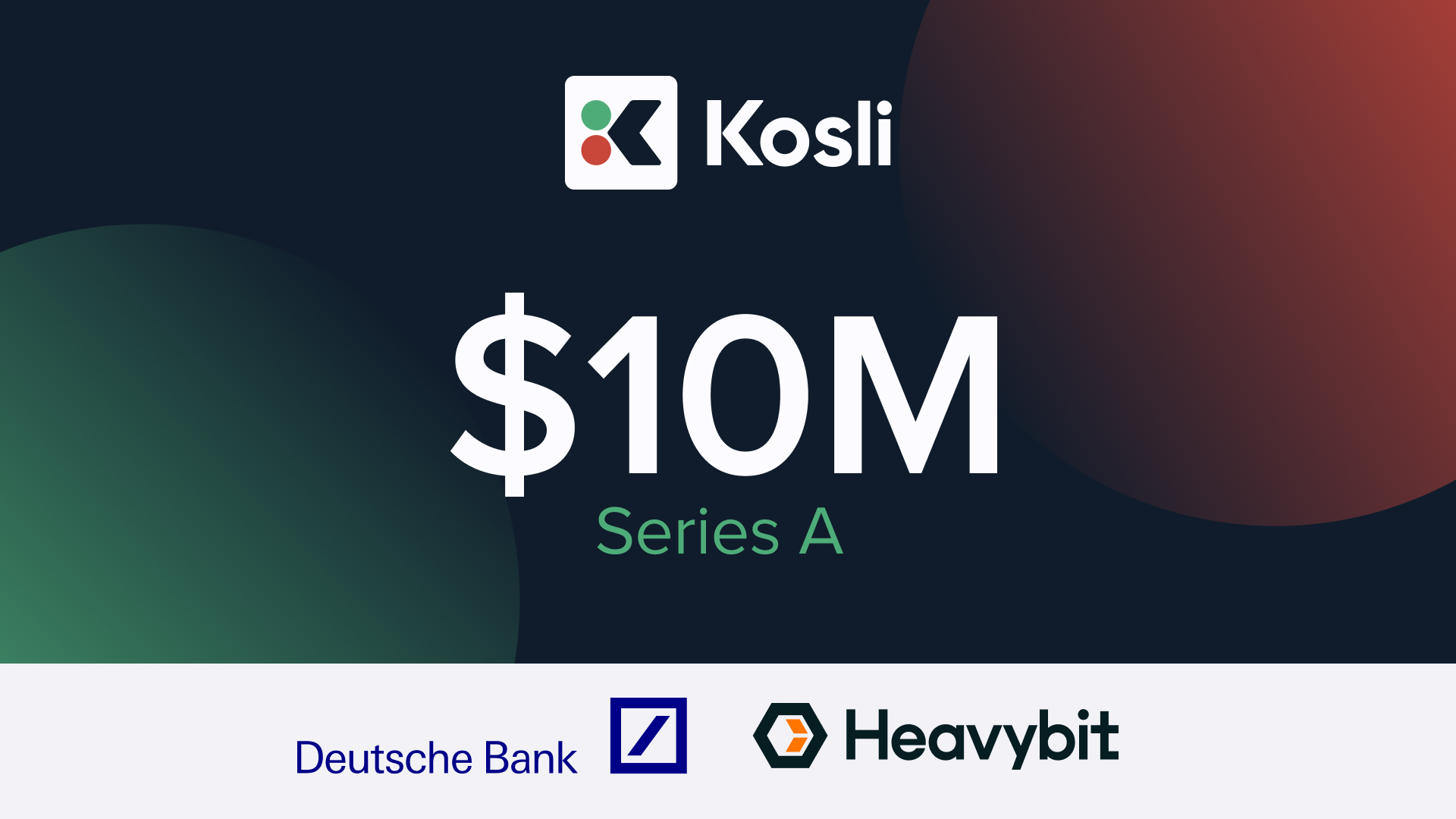Key Takeaways:
I. ChatGPT Projects enhances productivity by centralizing project information and streamlining workflows.
II. The integration with other OpenAI services creates a powerful and cohesive AI ecosystem, maximizing the value of each individual service.
III. ChatGPT Projects positions OpenAI as a leading platform in the rapidly evolving AI-powered productivity landscape, but its success hinges on addressing data privacy and platform lock-in concerns.
OpenAI has just launched ChatGPT Projects, a new feature designed to revolutionize how users organize and manage their work within the ChatGPT ecosystem. This isn't just a minor update; it represents a significant step towards a more integrated and streamlined AI-powered workflow. By enabling users to group conversations and files into dedicated project folders, ChatGPT Projects aims to address the growing need for better organization and collaboration in today's increasingly complex digital work environments. This article explores the key features, strategic implications, and potential impact of ChatGPT Projects on the future of work with AI.
Enhancing Productivity Through Streamlined Workflows
In today's fast-paced digital environment, managing multiple projects, conversations, and files can quickly become overwhelming. ChatGPT Projects addresses this challenge head-on by providing a centralized hub for all project-related information. Users can create dedicated project folders, add relevant conversations and files, and easily access everything they need in one place. This eliminates the need to constantly switch between different applications and platforms, reducing context switching and improving overall workflow efficiency. For example, a marketing team working on a new campaign can consolidate all their brainstorming sessions, design files, and client communications within a single ChatGPT Project, ensuring everyone has access to the most up-to-date information.
The integration of ChatGPT Projects with other OpenAI services is a game-changer. Users can seamlessly incorporate DALL-E for creating visuals, Whisper for transcribing audio, and Codex for generating code, all within the context of their projects. This creates a powerful synergy, maximizing the value of each individual service. For instance, a software development team can use ChatGPT Projects to manage their project, generate code with Codex, create diagrams with DALL-E, and transcribe meeting notes with Whisper, all within a unified environment. This level of integration significantly streamlines the development process and fosters greater collaboration.
ChatGPT Projects is not just about organizing information; it's about leveraging data to enhance the user experience. By capturing user interactions within projects, OpenAI gains valuable insights into user behavior, preferences, and pain points. This data can be used to personalize the AI assistance provided by ChatGPT, tailoring suggestions and responses to individual user needs. Furthermore, the data collected can inform future development, ensuring that ChatGPT Projects continues to evolve and meet the changing demands of its users. For example, if users frequently search for specific file types within a project, ChatGPT could proactively suggest relevant file organization strategies.
While the integrated platform approach of ChatGPT Projects offers significant advantages, it also raises important considerations regarding platform lock-in and data privacy. As users consolidate more of their workflows within the ChatGPT ecosystem, they become increasingly reliant on OpenAI's services, potentially creating barriers to switching to competing solutions. This lock-in effect can give OpenAI significant market leverage. However, it also carries the responsibility of ensuring robust data privacy and security measures. OpenAI must be transparent about its data handling practices and implement strong safeguards to protect user data and maintain trust.
Market Opportunities and Competitive Dynamics
The market for AI-powered productivity tools is experiencing rapid growth, driven by the broader expansion of the AI sector. Bain & Company projects the overall AI market to reach between $780 billion and $990 billion by 2027, with an annual growth rate ranging from 40% to 55%. Even a conservative estimate, assuming AI project management tools capture just 2% of this market, suggests a multi-billion dollar opportunity. This substantial market potential is attracting significant investment and fueling intense competition among key players.
OpenAI is not alone in vying for a share of this lucrative market. The AI landscape is highly competitive, with companies like Anthropic and xAI securing substantial funding – $8.7 billion and $6.1 billion respectively – to compete with OpenAI's $11.3 billion war chest. This intense competition underscores the importance of a robust product strategy, continuous innovation, and a clear understanding of evolving user needs. ChatGPT Projects, with its focus on integrated workflows and data-driven personalization, positions OpenAI as a strong contender in this race.
OpenAI's integrated platform strategy, exemplified by ChatGPT Projects, has significant financial implications. By offering a cohesive suite of AI tools within a unified platform, OpenAI can command premium pricing for its services, potentially capturing a larger share of the enterprise market. This increased revenue can then be reinvested in research and development, fueling further innovation and strengthening its competitive advantage. However, OpenAI must carefully balance its pricing strategy with the need to maintain accessibility and attract a broad user base.

Looking ahead, OpenAI has significant opportunities to expand its market reach and solidify its position in the AI-powered productivity space. Integrating ChatGPT Projects with existing enterprise software solutions, such as CRM systems and project management platforms, could unlock new markets and user bases. Furthermore, developing specialized AI agents tailored to specific industry needs, like legal, medical, or financial services, could create new revenue streams and further differentiate OpenAI from its competitors.
Revolutionizing the AI Personal Assistant Landscape
ChatGPT Projects represents a paradigm shift in the AI personal assistant market. Traditional AI assistants, such as Siri and Alexa, primarily focus on individual tasks like setting reminders, answering simple questions, or playing music. ChatGPT Projects transcends this task-oriented model by focusing on the broader context of projects. It elevates AI to the role of a collaborative partner, capable of managing information, facilitating communication, and contributing to complex problem-solving within a project framework. This shift disrupts the existing market, challenging established players and opening up new possibilities for AI-driven productivity.
OpenAI's integrated platform approach provides several key competitive advantages in this evolving market. The seamless integration of various AI modalities, including natural language processing, code generation, and image creation, offers a unique and powerful user experience. Furthermore, the data generated within projects enables continuous model refinement and personalized AI assistance, creating a dynamic feedback loop that drives innovation. However, this data-centric approach also necessitates a strong commitment to data privacy and security. OpenAI must address these concerns transparently and proactively to maintain user trust and ensure the long-term success of its platform strategy.
Shaping the Future of Work with AI-Powered Collaboration
OpenAI's ChatGPT Projects is more than just a new feature; it's a strategic move that positions OpenAI as a leader in the rapidly evolving landscape of AI-powered productivity. By integrating diverse AI capabilities within a project-centric framework, OpenAI is not simply enhancing existing workflows; it's fundamentally changing how we approach work. This shift towards AI-powered collaboration presents both immense opportunities and significant challenges. OpenAI's success will depend on its ability to navigate the complexities of data privacy, platform lock-in, and maintaining its technical leadership in a competitive market. As AI continues to transform the workplace, ChatGPT Projects offers a compelling vision of the future – a future where AI empowers us to work smarter, not harder, and achieve more together.
----------
Further Reads
I. Dramatic latency increase after 10, Oct for OpenAI GPT-4 32k - Microsoft Q&A
II. Long latencies when using gpt-4 and gpt-4-turbo models - Microsoft Q&A









